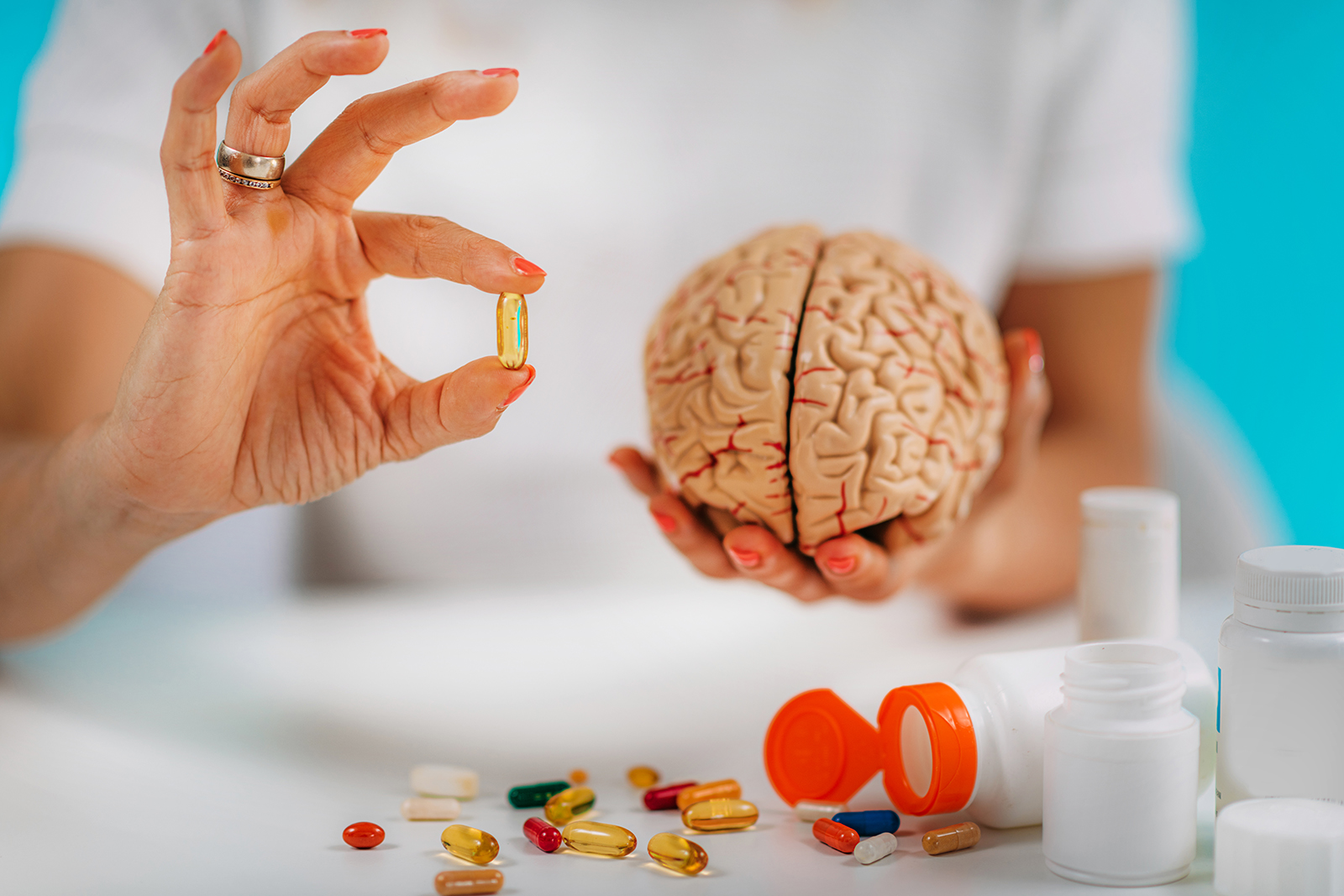Maintaining brain health is just as crucial as caring for the rest of your body. Dr. Heather Sandison, a US-based naturopathic doctor specializing in neurocognitive medicine, emphasizes that certain supplements can boost brain function, prevent cognitive decline, and promote overall mental well-being. With over 15 years of experience studying the brain, Dr. Sandison believes addressing nutritional deficiencies through supplements can improve focus, memory, and mood. Here are the five brain-boosting supplements she recommends.
By MTT Team
1. Nootropics
Nootropics are a combination of vitamins, fats, amino acids, and herbs designed to enhance cognitive function. These supplements can improve focus, mental clarity, mood regulation, and even sleep. Dr. Sandison shares that she uses nootropics on days when she needs extra focus, such as during public speaking events or high-pressure workdays. Nootropics can help increase productivity and energy levels, making them beneficial for those with busy schedules. However, it’s important to consult a doctor before using them, particularly if you are on other medications, as they may interact with psychiatric drugs.
2. Vitamin D with Vitamin K
Vitamin D is widely recognized for supporting strong bones, but it also plays a significant role in brain health. Research suggests that adequate vitamin D levels may reduce the risk of cognitive decline. Vitamin K works in tandem with vitamin D to help the body properly use calcium, preventing it from accumulating in unwanted areas. Higher levels of vitamin K have been linked to better cognitive function. Many people are deficient in vitamin D due to limited sun exposure, making a supplement containing both vitamin D and K a valuable option for long-term brain health.
3. Omega-3 Fatty Acids
Omega-3 fatty acids, commonly found in fish oil, are potent anti-inflammatory agents that support both brain and heart health. Since what benefits the heart also benefits the brain, omega-3s help reduce neuroinflammation, a factor connected to cognitive decline and memory issues. Omega-3s also contribute to the structural integrity of brain cells, allowing them to stay flexible and function efficiently. To maintain the quality of your omega-3 supplement, store it in the refrigerator to prevent oxidation, which could make it harmful instead of beneficial.
4. Probiotics
There is a strong connection between the gut and the brain, and maintaining a healthy gut microbiome can positively influence mental health. Probiotics are beneficial bacteria that help with digestion and nutrient absorption, ensuring that your brain receives the vitamins and minerals it needs. Dr. Sandison points out that gut bacteria also produce neurotransmitters, such as serotonin, that regulate mood and cognition. Studies, including one from Yale University, suggest that a healthy gut can even lower the risk of dementia. Adding probiotics to your daily routine can support both gut and brain health.
5. Digestive Enzymes
As we age, our stomachs produce less hydrochloric acid, which is essential for breaking down food and absorbing nutrients. Digestive enzymes help counter this decline by aiding in the breakdown of proteins, fats, and carbohydrates. Different enzymes serve various functions: lipase breaks down fats, protease breaks down proteins, and lactase assists in digesting dairy products. Ensuring proper digestion means that your brain receives all the nutrients it needs to function optimally. However, individuals with acid reflux should consult their doctor before taking digestive enzyme supplements.
By incorporating these supplements into your daily routine, you can enhance your brain’s health and overall well-being. As always, it’s important to consult with a healthcare provider before starting any new supplement regimen.
